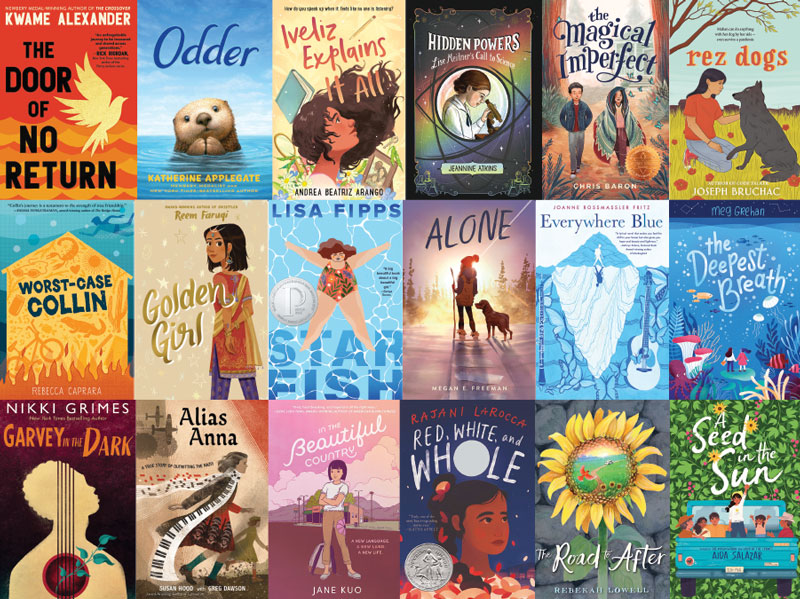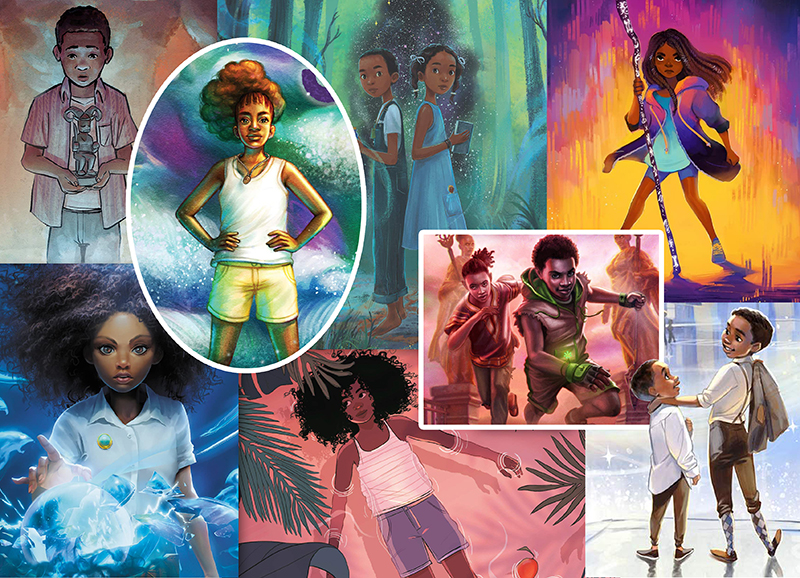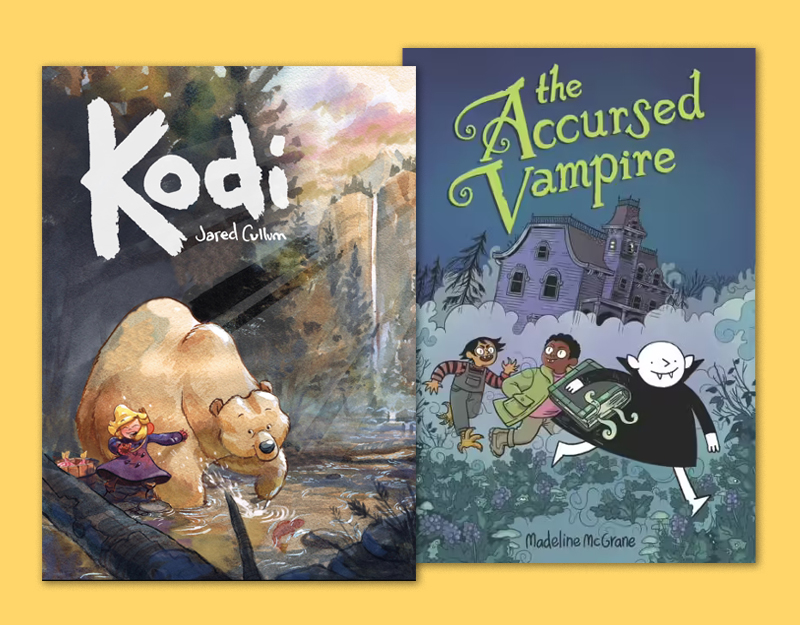Wild Swans and a Hymn to Anger, a guest post by Laura Weymouth
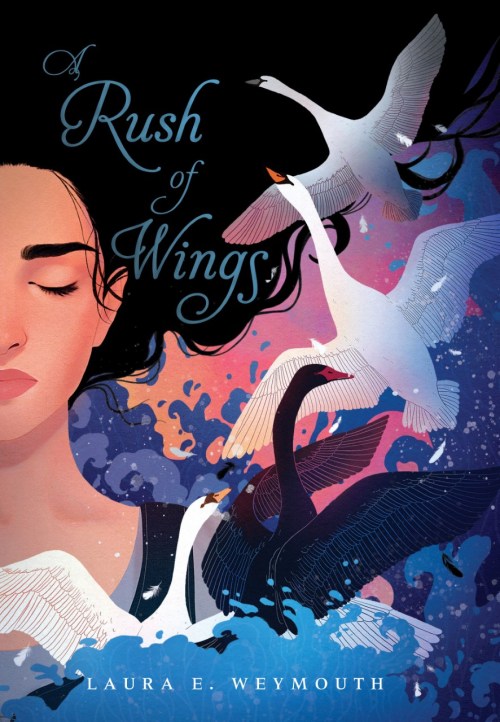
As a child, I was given a book on cassette tape, which consisted of four fairytales: The Snow Queen, The Steadfast Tin Soldier, Thumbelina, and The Wild Swans. The stories were beautifully narrated, and the illustrations in the accompanying book were captivating. I was especially taken by The Wild Swans—or rather, by the central figure, mute and self-sacrificing Eliza. The entirety of the story rests on her shoulders, and yet the title makes no mention of her. She is, in so many ways, voiceless throughout her own tale, treated as a pawn or a tool through which male characters receive rewards or achieve their destinies.
Eliza’s labor breaks curses. Eliza’s loveliness sways the heart of princes. Eliza, simply minding her own business, simply seeking to undo an evil that is not of her making, is found guilty of witchcraft. And she does it all without a word, because Eliza has lost her voice.
ADVERTISEMENT
ADVERTISEMENT
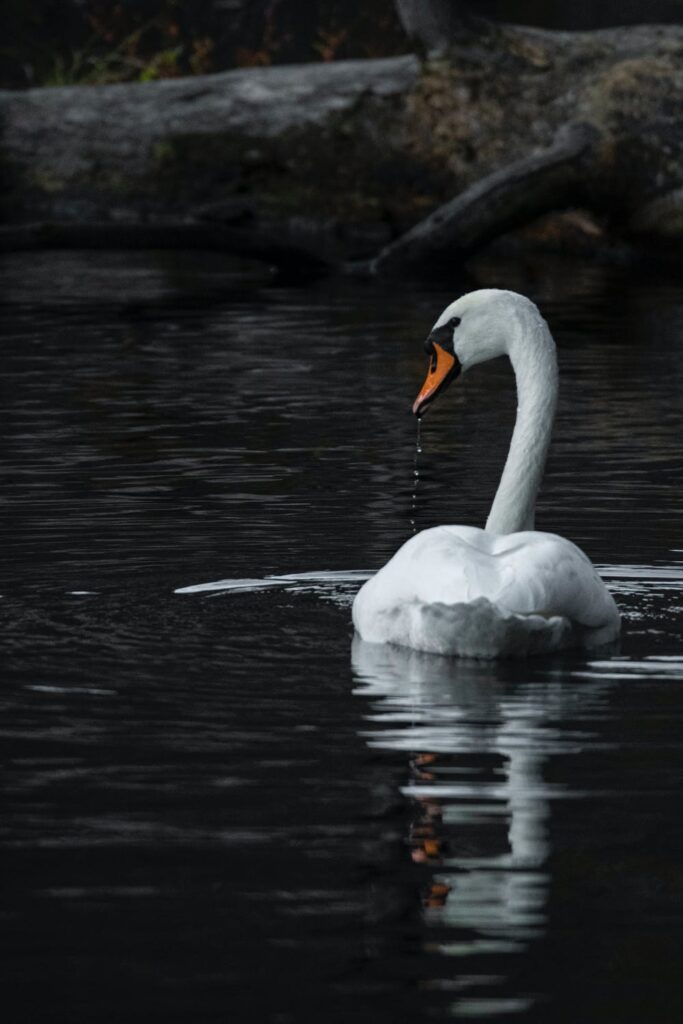
As a young writer, I tried to retell The Wild Swans—or Eliza’s Story, as I usually thought of it—a number of times. But I always came up short, dead-ended by the brick wall of Eliza’s nature. Because the Eliza of the original story is no different with or without her voice. Whether she can speak or not has almost no bearing on the plot—more important is how the male characters around Eliza perceive her. She is a blank slate for them to write their own desires and needs upon.
As I got older, I grew angrier. I was angry as a teenaged writer, to be sure, but it was a fierce, surface-level, sharp sort of thing. The way I am angry now is bone-deep. It is relentless. It never leaves me. We live in a world of injustice and inequity, which many of us are powerless to do much about, and those who can no longer seem to care. Once that first spark of rage hits, tinder is everywhere. You never stop burning, and that fire within only gains power and heat.
So I got older, and angrier, and I came back to Eliza, and she was still a problem. She was a problem. And I thought to myself, why not make her really a problem? No girl is that saintly. No girl is that silent and pure. Deep down, we all burn. Deep down, we all harbor some form of rage.

That was how I found myself able to write Eliza. Giving her my own anger demolished the brick wall of her voiceless perfection, untangled the riddle of her, and turned her into an imperfect, furious, eminently human girl. In my novel A Rush of Wings, I gave Eliza a fresh start—a new name, a new homeland, and a more manageable number of brothers. She’s no longer the daughter of a king, but of a humble fisherman. It’s no longer a prince whose attention she courts, but a pair of boys—one a shipwrecked stray with a deadly secret, the other an upstart tyrant with a lust for power.
And yet for Rowenna, as I called my version of Eliza, the troubles of the boys and men in her life are secondary to a greater, consuming difficulty: she’s made a friend and an ally of her anger, and it’s led her own mother to distrust her. Because of her anger, Rowenna is considered undisciplined and unfit to wield any sort of power. She’s kept unschooled regarding an integral aspect of her being, because anger in a girl is considered unseemly, untrustworthy, inappropriate. We are not supposed to be angry. And if we are, we certainly shouldn’t show it.
Rowenna is brave. She wears her heart on her sleeve, pinned there with the badge of her own outrage. With or without her voice, anger lends her strength and courage, though she’s at her best when she can speak of the flame that burns at her core. Everyone she encounters has their own opinion of her anger and her power. We understand each other in that regard, because to this day, everyone has an opinion of my anger too. So many people want to chide a girl or a woman for being angry. So few want to ask her what she’s angry about.
I think for Rowenna, the answer to that question would be everything. For me, it certainly is. And so, A Rush of Wings is a hymn to anger. A recognition of the good and the beauty and the power of it. Of it how it can buoy us up and lend us courage. Of how it can get us through the unbearable and seemingly impossible, when no other emotion is enough.
There is no wickedness or wrongness inherent in anger. It is—like the other magic Rowenna learns to wield—just one gift among many. A strength or a weakness, depending on how you look at it. For Rowenna and me, anger is strength. I hope A Rush of Wings convinces others that it can be for them, too.
Meet the author

ADVERTISEMENT
ADVERTISEMENT
Laura Weymouth is a Canadian living in America, and the sixth consecutive generation of her family to immigrate from one country to another. She writes critically acclaimed historical fantasy for teen readers, including The Light Between Worlds, A Treason of Thorns, and the forthcoming A Rush of Wings.
Website and Socials:
WEB: www.lauraeweymouth.com
Twitter: www.twitter.com/lauraeweymouth
Instagram: www.instagram.com/lauraeweymouth
Pinterest: www.pinterest.com/lauraeweymouth
About A Rush of Wings
For fans of Serpent & Dove and A House of Salt and Sorrows comes a darkly atmospheric and romantic fantasy about an untrained witch who must unlock her power to free her brothers from a terrible curse and save her home.
Rowenna Winthrop has always known there’s magic within her. But though she hears voices on the wind and possesses unusual talents, her mother Mairead believes Rowenna lacks discipline, and refuses to teach her the craft that keeps their Scottish village safe. And when Mairead dies a sinister death, it seems Rowenna’s only chance to grow into her power has died with her. Then, on a fateful, storm-tossed night, Rowenna rescues a handsome stranger named Gawen from a shipwreck, and her mother miraculously returns from the dead. Or so it appears.
The resurrected Mairead is nothing like the old one. To hide her new monstrous nature, she turns Rowenna’s brothers and Gawen into swans and robs Rowenna of her voice. Forced to flee, Rowenna travels to the city of Inverness to find a way to break the curse. But monsters take many forms, and in Inverness, Rowenna is soon caught in a web of strangers who want to use her raw magic for their own gain. If she wishes to save herself and the people she loves most, Rowenna will have to take her fate into her own hands and unlock the power that has evaded her for so long.
ISBN-13: 9781534493087
Publisher: Margaret K. McElderry Books
Publication date: 11/02/2021
Age Range: 14 – 18 Years
Filed under: Uncategorized
About Amanda MacGregor
Amanda MacGregor works in an elementary library, loves dogs, and can be found on Twitter @CiteSomething.
ADVERTISEMENT
ADVERTISEMENT
SLJ Blog Network
The 2024 Ninja Report: Bleak
A Sequel Coming This Summer That You Won’t Want to Miss: Bob Shea Discusses His Latest
Review| Agents of S.U.I.T. 2
ADVERTISEMENT




